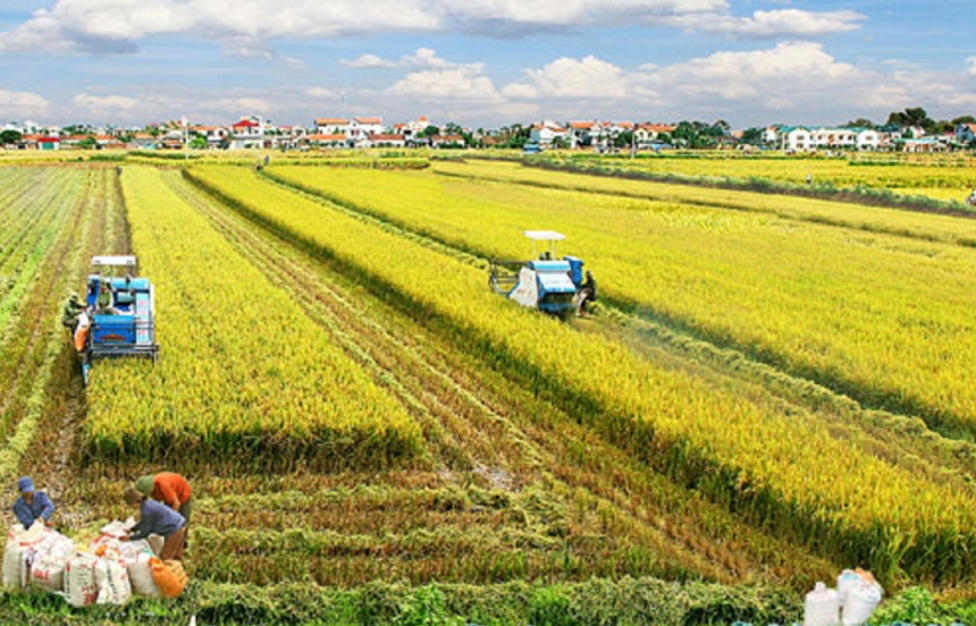Climate change pushes the global food system's limits, with increasingly severe droughts, saltwater intrusion, and storms. At the same time, geopolitical shocks are making food production and distribution more fragile. As one of the world's leading agricultural exporters, Vietnam also ranks among the countries most vulnerable to climate change. The challenge of food security goes beyond "having enough to eat" - it also involves adaptability, livelihood stability, and ensuring everyone's right to access food.
Mounting challenges
Food security faces unprecedented challenges as climate change disrupts agricultural production models worldwide.
Vietnam is among the countries most severely affected by climate change, with stark consequences across its key food-producing regions. The country's largest rice bowl, the Mekong Delta, is increasingly hit by dry-season saltwater intrusion, forcing hundreds of thousands of hectares of rice fields to reduce production or lie fallow. In central Vietnam, erratic floods during harvest season often leave farmers with nothing. In the northern mountainous region, soil erosion and shifting ecosystems threaten small-scale agriculture.
At the same time, agricultural exports remain a major source of national income, requiring stable quantity and quality in a volatile international market.
In this context, the core issue lies in securing farmers' livelihoods, protecting agricultural land and water resources, reducing losses across the value chain, and, most importantly, building a food system that is resilient, adaptable, and equitable.
 Photo: Illustration.
Photo: Illustration.Cooperation to drive food system transformation
Transforming food systems to be more transparent, accountable, and sustainable is becoming a top priority for Vietnam and many countries facing climate risks and market volatility. International cooperation plays a vital catalytic role — from sharing experience and technical assistance to mobilizing resources and designing policies.
In Vietnam, partnerships with the UNDP, FAO, and countries such as the Netherlands, Japan, and Australia have delivered climate-smart agriculture (CSA) solutions, agroecology initiatives, and resilient food value chains. These organizations also support Vietnam in updating its Nationally Determined Contribution (NDC) 3.0, in which agriculture is highlighted as a new pillar. A National Action Plan for Food System Transformation to 2030 has been developed, featuring 37 specific tasks and a multisectoral coordination mechanism.
From political commitments to real change
The strategic importance of food security was underscored in recent directives from the Prime Minister, who instructed ministries and agencies to ensure domestic food sufficiency and maintain a surplus for export. This is not only a short-term policy directive but also a long-term message about the foundational role of agriculture — whether in the face of climate change, economic turbulence, or geopolitical tensions.
The Ministry of Agriculture and Environment has been tasked with reviewing seasonal crop structures, promoting climate-resilient crop varieties, expanding markets, and improving domestic supply chain management. These actions aim to strengthen the resilience of the national food production system and create space for sustainable exports.
Strong political commitments alone are not enough without concrete changes in production and consumption systems. From land policy and agricultural insurance to green credit and digital transformation in agriculture, Vietnam needs swift, coordinated, and effective actions to translate strategic visions into practical outcomes. This transformation calls for the active participation of all sectors - citizens, businesses, local authorities, and international partners alike.